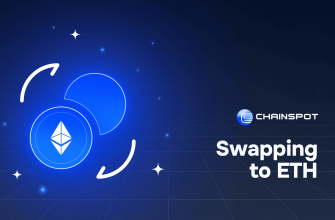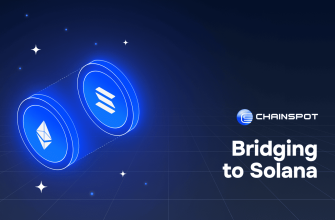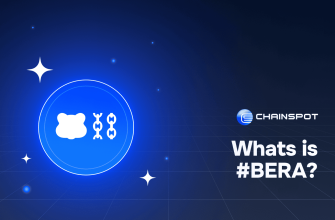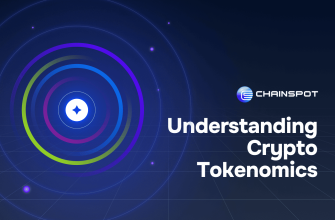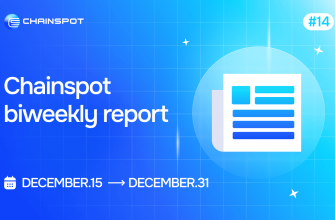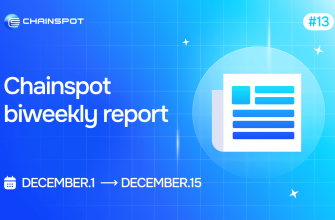Ethereum’s upcoming Pectra upgrade, expected to roll out in late 2024 or early 2025, promises significant improvements to crypto wallets and user experience (UX).
The approval of Ethereum Improvement Proposal (EIP) 3074 for inclusion in the next update is a key aspect of the Pectra upgrade. This proposal enables standard crypto wallets to function similarly to smart contracts.
Single tweet TL;DR:
– EIPs 2935 & 3074 are included in Pectra
– EOF & EIP 7623 were CFI'd, with final decisions expected 🔜
– EIP-7667 was CFI'd for Osaka, the EL upgrade after Prague, alongside the Verkle migration pic.twitter.com/OwY6WZUPek— timbeiko.eth (@TimBeiko) April 11, 2024
With EIP-3074, regular externally owned accounts (EOAs), such as MetaMask wallets, gain smart contract capabilities. This includes features like transaction bundling, allowing users to sign once for multiple transactions, and sponsored transactions, enabling wallets to delegate funds for use by others, akin to account abstraction introduced in ERC-4337.
However, some in the community have expressed concerns about potential security risks associated with EIP-3074. A developer known as 0xngmi highlighted the possibility of draining an address entirely with just one bad signature.
downside of EIP 3074 is that now it'll be possible to fully drain an address (all tokens, all nfts, all defi positions…) with only one bad signature
— 0xngmi (@0xngmi) April 11, 2024
Despite these concerns, Gaslite co-founder Harrison Leggio emphasized that people often find ways to lose their money, citing instances where users willingly provide private keys to trading bots.
Lots of drama over EIP-3074 introducing new security concerns and attack vectors.
Guess what?
People literally GIVE THEIR PRIVATE KEYS TO TRADING BOTS. People will always find a way to lose their money.
— Pop Punk (@PopPunkOnChain) April 11, 2024
Software engineer Laurence Day noted the sponsored transactions feature as one of the most useful applications of EIP-3074. It allows users to store assets in wallets without holding ETH and sponsor gas from a controlling contract.
In seriousness, the most obviously useful application here is being able to store assets in a wallet that doesn’t hold Ether, since you can sponsor the gas from the contract that marionettes the EOA
This is very cool and long-needed
— laurence (@functi0nZer0) April 11, 2024
Other functionalities of EIP-3074 include a social recovery feature, eliminating the need for traditional seed phrases.
Explaining the technical aspects, an anonymous Web3 adviser known as Cygaar mentioned the addition of two new operating instructions, AUTH and AUTHCALL, which turn wallets into smart contracts. AUTH verifies signatures and actions, while AUTHCALL calls target contracts with the originator address as the caller.
So how can we turn existing EOAs into smart contracts?
By adding two new opcodes (computer instructions) – AUTH and AUTHCALL. These two opcodes work in tandem to allow a smart contract to act on behalf of an EOA.
Here's a quick overview on how they work (feel free to skip).
— cygaar (@0xCygaar) April 11, 2024
The Pectra upgrade follows the recent Dencun update, which aimed to reduce layer-2 transaction fees. Ethereum co-founder Vitalik Buterin also outlined plans for the “Purge,” intended to streamline the network by removing old and excess network history.






